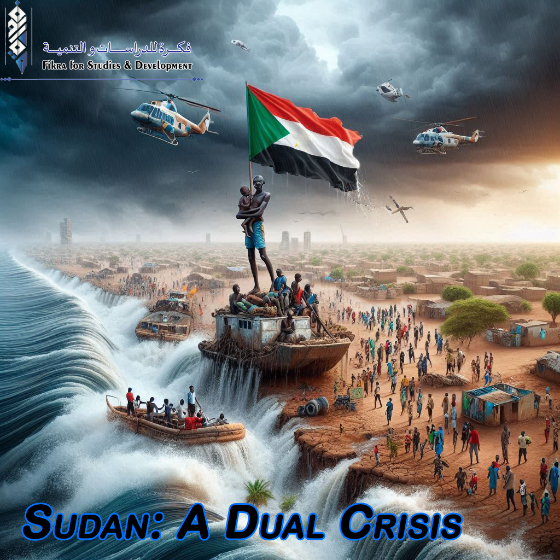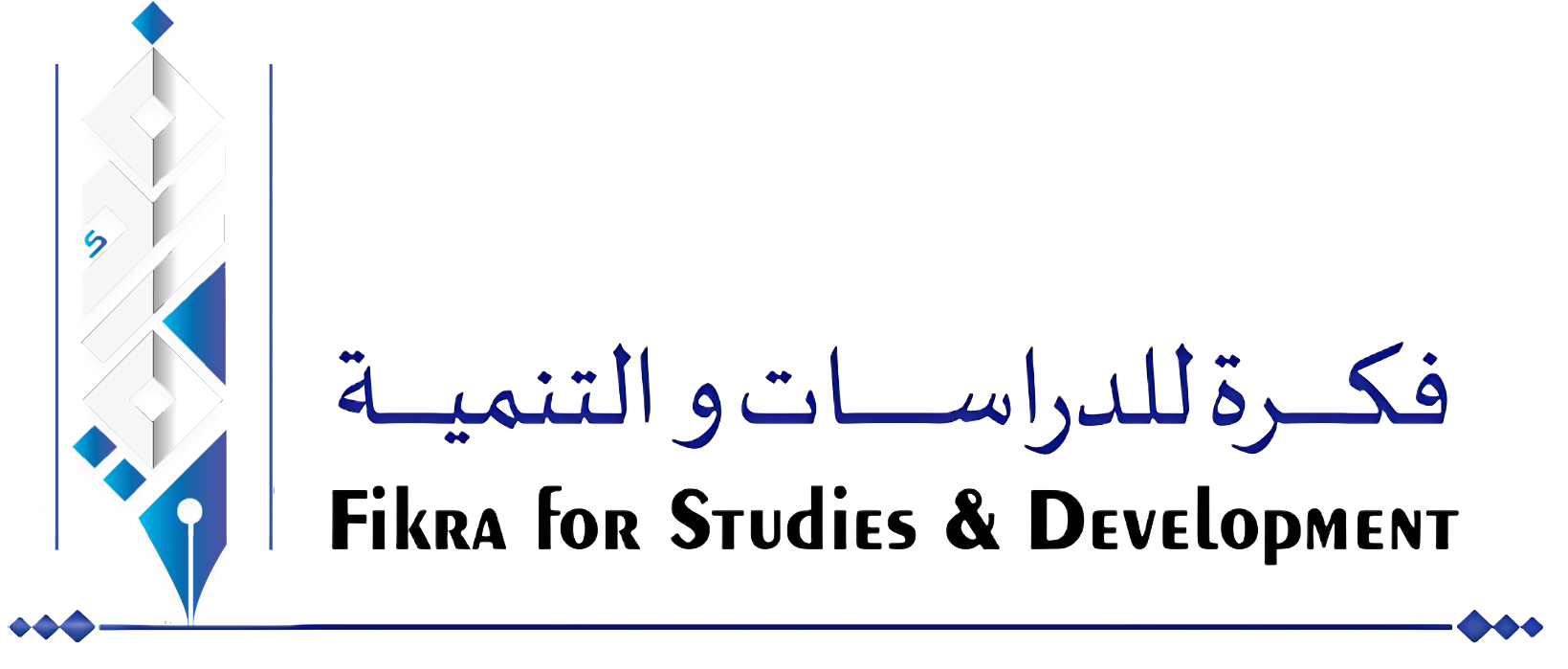Sudan’s Perfect Storm of Suffering: The Dual Crisis of War and Floods
Sudan’s Perfect Storm of Suffering: The Dual Crisis of War and Floods

7 September 2024
Sudan, a nation already grappling with the devastating consequences of a prolonged civil war, has been further ravaged by a series of catastrophic floods. This double-edged crisis has created a humanitarian catastrophe of unprecedented proportions.
For over 500 days, the Sudanese people have endured the horrors of conflict, with over 12.5 million displaced, 150 thousand killed, and infrastructure decimated. Now, the relentless rains have compounded their suffering, causing widespread destruction and displacement. The floods have not only exacerbated the existing humanitarian crisis but have also overwhelmed the capacity of aid organizations to respond effectively. As Justin Brady, head of the UNOCHA office in Sudan stated, “In years past, the flooding is all we would be talking about. Now? It’s another layer on a complex emergency for which we don’t have enough funding to prioritize caseloads that would have been assisted previously.”
The recent flash floods that destroyed the Arbaat dam in eastern Sudan earlier in August 2024 are a stark reminder of the fragility of the nation’s infrastructure and the vulnerability of its population. The dam’s collapse has resulted in widespread devastation, with entire villages (over 20 villages in Eastern Sudan) wiped out and countless lives lost. The capital of the Red Sea state Port Sudan, already a hub for humanitarian assistance, has been further strained by the influx of displaced people and the destruction of essential infrastructure. Omar Eissa Haroun, head of the water authority for Red Sea state, said in a WhatsApp message to staff. “The electricity and water pipes are destroyed.” Arbaat dam was one of the main sources of drinking water in the eastern region. Homes of some 50,000 were reported to have been affected by the flooding, the UN said, citing local authorities, adding that the number only accounted for the area west of the dam as the area east was inaccessible, meaning the numbers can be much higher.
The Sudanese people have demonstrated remarkable strength in the face of adversity. Despite the overwhelming challenges, they have come together to support one another and provide relief to those affected by the floods. The Sudanese people have a long history of resilience and self-reliance. The Nafeer tradition, a powerful social custom that calls for mobilization and collective action, has been a cornerstone of their response to crises throughout history. During the COVID-19 pandemic and previous floods in 2013, 2016 and 2020, Sudanese citizens have come together to provide essential services, raise funds, and offer support to those in need. However, the scale of the crisis far exceeds the capacity of local efforts. The Nafeer tradition is a testament to the strength and solidarity of the Sudanese people. However, even their resilience has its limits. The current crisis requires a concerted international effort to provide the necessary support and resources to help Sudan recover and rebuild.
The international community must urgently scale up its response to the humanitarian crisis in Sudan. Increased funding is essential to enable aid organizations to provide life-saving assistance to the millions of people affected by the conflict and the floods. Moreover, it is imperative to address the root causes of the crisis, including the ongoing conflict and the lack of sustainable development. The funding of the humanitarian response gap has already reached a 60% deficit prior to the recent floods. Now more funding and programmatic effort is needed to face the crisis.
The time for inaction is over. Sudan, a nation teetering on the brink of collapse, demands immediate and decisive international intervention. Its people, ravaged by war, displacement, and now the devastating floods, are suffering immensely. The international community has a moral obligation to act swiftly and without delay, providing the necessary support to alleviate their suffering. Any political maneuvering or self-serving interests must be cast aside in favor of a humanitarian response that prioritizes the needs of the Sudanese people.
Fikra for Studies and Development

